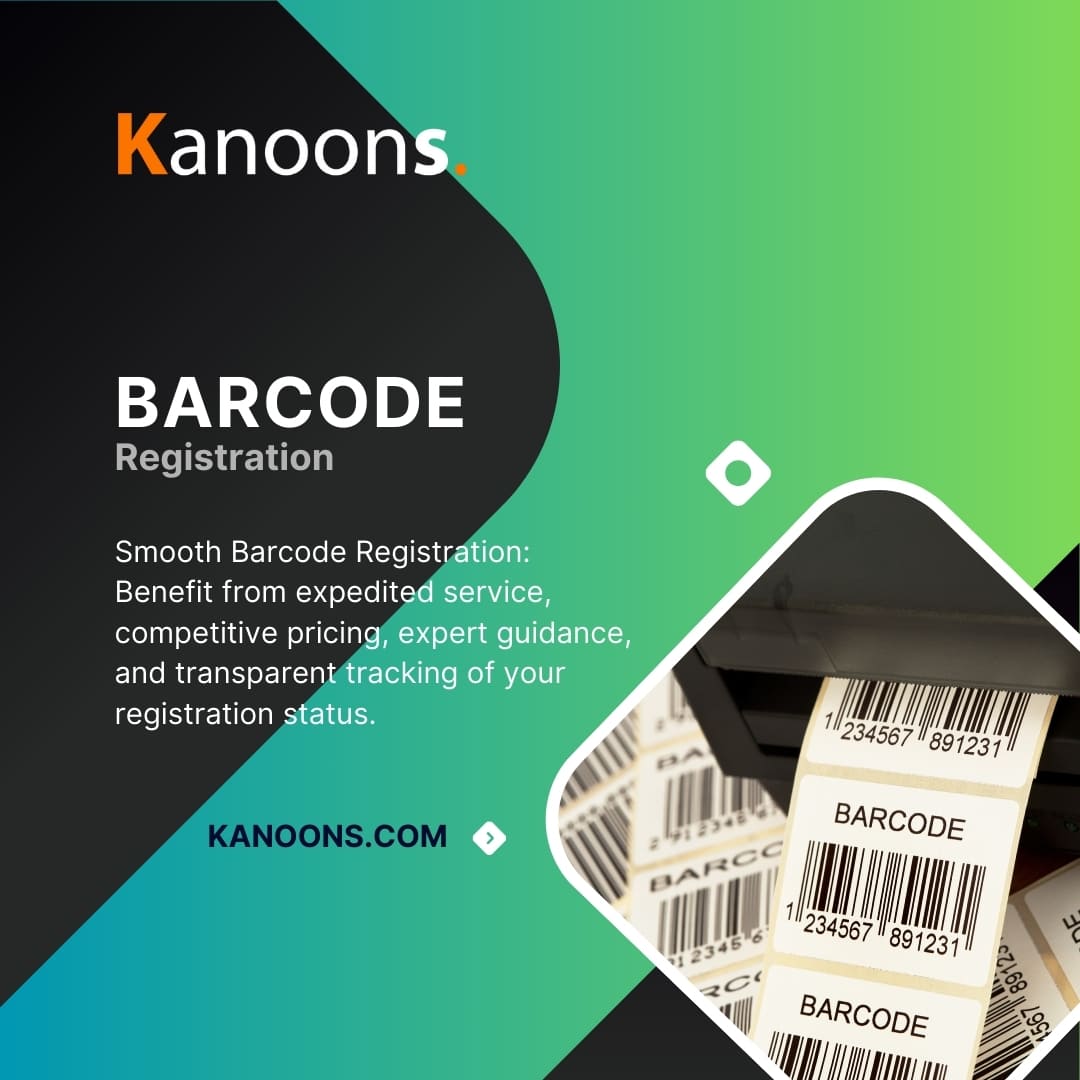
Company registration certificates
Quality manual and procedures
Process flow documents
Employee training records
Previous audit reports (if any)
Information security policies (ISO 27001)
Food safety plans (ISO 22000)
Environmental impact assessments (ISO 14001)
Terms & Conditions
1. Engagement & Scope
1.1 Kanoons Law & Tax Consultants Pvt. Ltd provides consultancy services for ISO certification preparation.
1.2 Final certification granting authority rests solely with UBIAC.
1.3 Services include documentation preparation, audit coordination, and compliance guidance.
2. Client Responsibilities
2.1 Client shall provide complete, accurate and timely information/documentation.
2.2 Client must implement all recommended process improvements.
2.3 Client shall ensure full cooperation during all audit processes.
3. Fees & Payments
3.1 Quoted fees exclude:
Certification body fees (payable to UBIAC)
Applicable GST (18%)
Travel expenses for auditors
Penalties from non-compliance
3.2 Payment terms:
50% advance upon engagement
30% upon documentation submission
20% balance before certificate issuance
4. Timeline & Deliverables
4.1 Estimated timelines (4-8 weeks) are contingent upon:
Client’s documentation readiness
Auditor availability
Implementation of recommended changes
4.2 Delays caused by Client may incur additional charges.
5. Certification Process
5.1 Certification is subject to UBIAC’s audit findings.
5.2 Surveillance audits are mandatory for maintaining certification.
6. Confidentiality & Data Protection
6.1 All client information protected as per Indian IT Act, 2000.
6.2 Data used only for certification purposes.
7. Intellectual Property
7.1 Documentation templates remain Service Provider’s property.
7.2 Client granted license for certification purposes only.
8. Liability & Indemnification
8.1 Service Provider’s maximum liability limited to fees paid.
8.2 Client agrees to indemnify Service Provider against claims.
9. Termination
9.1 Either party may terminate with 15 days notice.
9.2 No refunds for work completed upon termination.
10. Governing Law
10.1 Agreement governed by Indian laws, jurisdiction in Hyderabad.
10.2 Disputes resolved through arbitration in Hyderabad.
ISO Certification
Get ISO certified with Kanoons. Expert guidance for ISO 9001, 14001, 27001 & more. Partnered with UBIAC for seamless certification process.
ISO Certification is an internationally recognized standard that validates your organization’s compliance with quality, safety, and efficiency benchmarks. These certifications help businesses:
Enhance operational efficiency
Build customer trust
Gain competitive advantage
Meet regulatory requirements
Expand to global markets
As leading ISO consultants in India, we provide end-to-end support for certification through our partnership with United Board for International Accreditation and Certifications (UBIAC). Our services ensure complete compliance with Indian regulations while meeting global standards.
Why Choose ISO Certification? (Advantages & Disadvantages)
Advantages:
- Global recognition and credibility
- Operational efficiency improvements
- Competitive edge in bidding
- Customer confidence boost
- Regulatory compliance assurance
Disadvantages:
- Requires time investment (typically 4-8 weeks)
- Involves documentation effort
- Needs ongoing compliance maintenance
Who Should Register a ISO?
- Manufacturers & Exporters (ISO 9001, 14001)
- IT & Software Companies (ISO 27001, 20000)
- Food Businesses (ISO 22000)
- Healthcare Providers (ISO 13485)
- Construction Companies (ISO 45001)
- Any business seeking international quality recognition.
Documents Required for ISO Certification
For All Organizations:
- Company registration certificates
- Quality manual and procedures
- Process flow documents
- Employee training records
- Previous audit reports (if any)
Additional for Specific Standards:
- Information security policies (ISO 27001)
- Food safety plans (ISO 22000)
- Environmental impact assessments (ISO 14001)
ISO Registration Process (Step-by-Step)
- Consultation & Standard Selection
- Gap Analysis & Documentation
- Implementation & Training
- Internal Audit
- Certification Audit by UBIAC
- Certificate Issuance
Kanoons ensures a hassle-free, 100% online ISO Certification process!
What’s Included in Our ISO Certification Package?
- Standard selection guidance
- Documentation preparation
- Implementation support
- Audit coordination
- Certificate procurement
- Renewal assistance
Post-Certification Compliances for ISO
✔ Annual surveillance audits
✔
Continuous process improvements
✔
Renewal every 3 years
✔
Maintain proper records for audits
Why Kanoons?
🌟 Expert guidance on standard selection
🌟
Complete documentation support
🌟
Audit preparation assistance
🌟
UBIAC partnership for seamless certification
🌟
Renewal reminders and support
Failure to meet ISO obligations can result in severe consequences:
- Certificate suspension or withdrawal
- Loss of certification benefits
- Damage to business reputation
- Disqualification from tenders
FSSAI (Central)
₹2,499.00 – ₹14,499.00Price range: ₹2,499.00 through ₹14,499.00
Barcode Registration
₹59,999.00 – ₹99,999.00Price range: ₹59,999.00 through ₹99,999.00
One Person Company
₹2,000.00 – ₹24,999.00Price range: ₹2,000.00 through ₹24,999.00
Public Limited Company
₹3,000.00 – ₹99,999.00Price range: ₹3,000.00 through ₹99,999.00
Valuable insights to change your startup idea
FAQ
ISO Frequently Asked Question
Is ISO Certification mandatory?
How long is the certification valid?
Can small businesses afford ISO Certification?
What's the difference between ISO 9001 and 27001?
How can I verify an ISO Certificate?
What support is available after certification?
Get Started Today!
Register Your ISO Now & Get Legal Compliance Support!
Limited-Time Offer
Get Your ISO Registered at ₹4,999!
Take the first step towards building a legally recognized and protected business. With Kanoons, experience a hassle-free, fully online ISO Registration backed by expert legal and compliance support.
© 2025 Copyright. All Rights Reserved by Kanoons
Kanoons.com is owned and operated by Kanoons Law and Tax Consultants Private Limited, a registered consultancy providing services in the areas of advisory, documentation, business registration, taxation, compliance management, and intellectual property filings across India.
Kanoons is not a law firm or accounting firm, and does not offer legal representation, statutory audits, attestation, or certification services. All specialised professional work is coordinated through authorised and independently qualified professionals, in accordance with applicable Indian laws.
All content on this website is intended for general informational purposes only and should not be interpreted as legal, financial, or tax advice. Use of this website or communication through it does not create any attorney–client, accountant–client, or other professional relationship with the company. Users are encouraged to seek independent professional advice before making any decisions based on content or services provided herein.
Your access to and use of this website are subject to our Terms & Conditions, Privacy Policy, Refund and Returns Policy and Disclaimer By continuing to browse or interact with the site, you acknowledge and agree to these terms.
We are committed to safeguarding user information and follow applicable data protection laws, including the Information Technology Act, 2000, and rules thereunder.
The wordmark “Kanoons®”, its logo, and all related brand assets are the exclusive intellectual property of Kanoons Law and Tax Consultants Private Limited. Any unauthorised use, imitation, or reproduction is strictly prohibited and may lead to civil or criminal action.
For queries, service coordination, or support, please contact:
support[at]kanoons[dot]com | +91 90000 13560 / 90














"Their expertise made ISO 27001 certification effortless for our IT startup."
Neha Patel Tech Founder